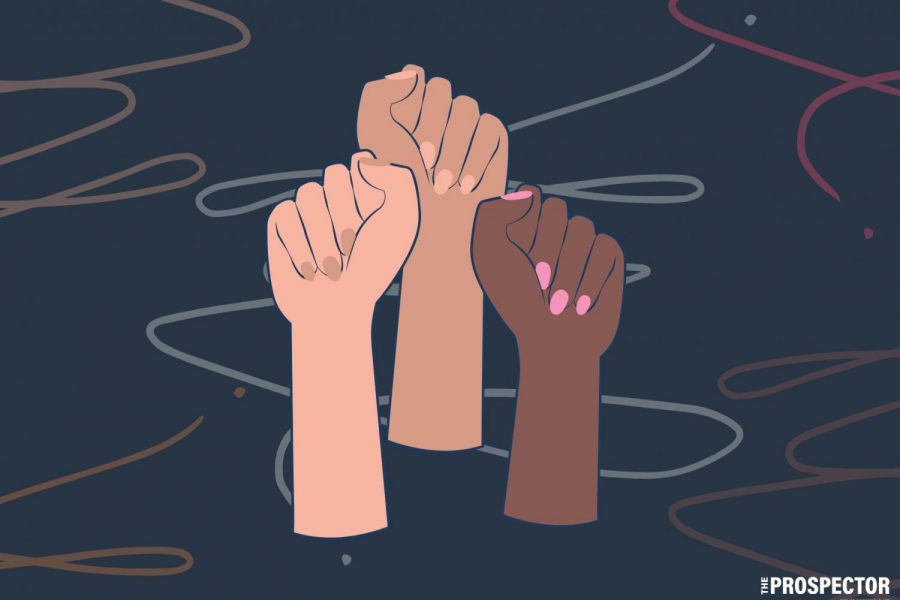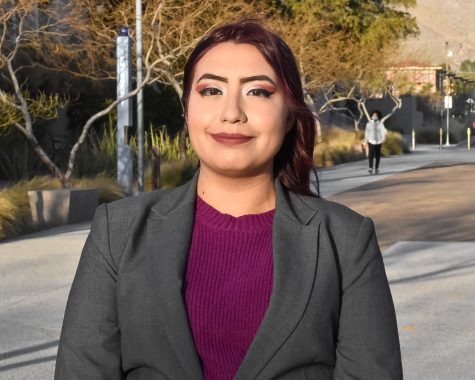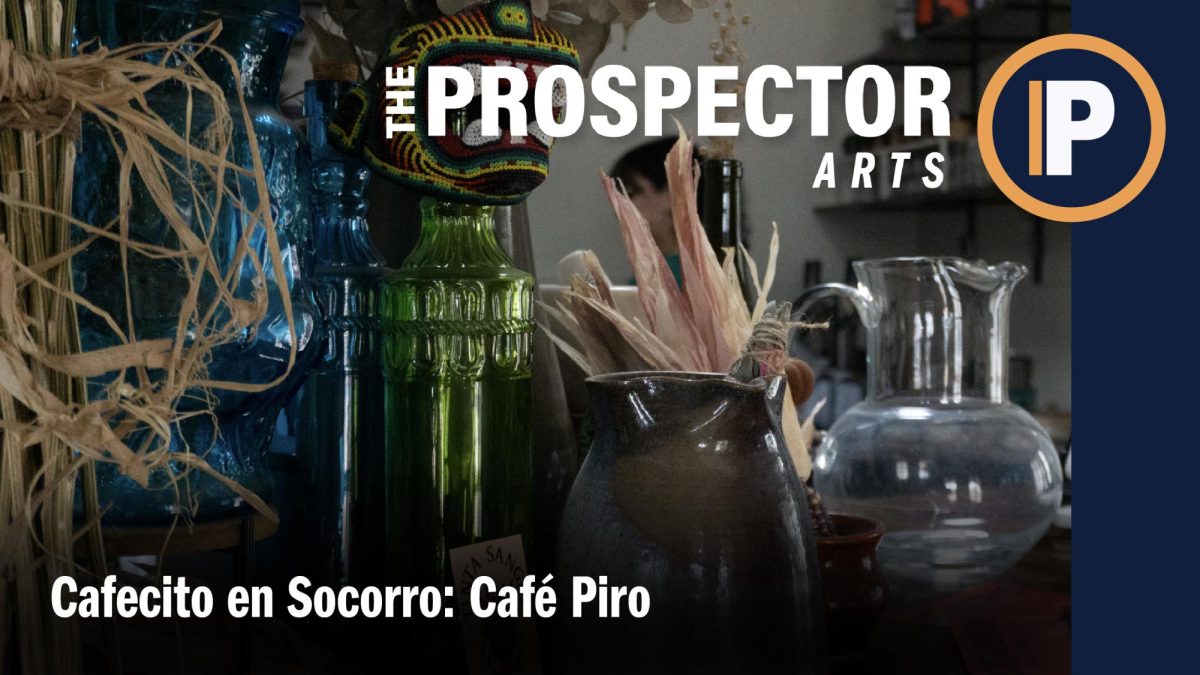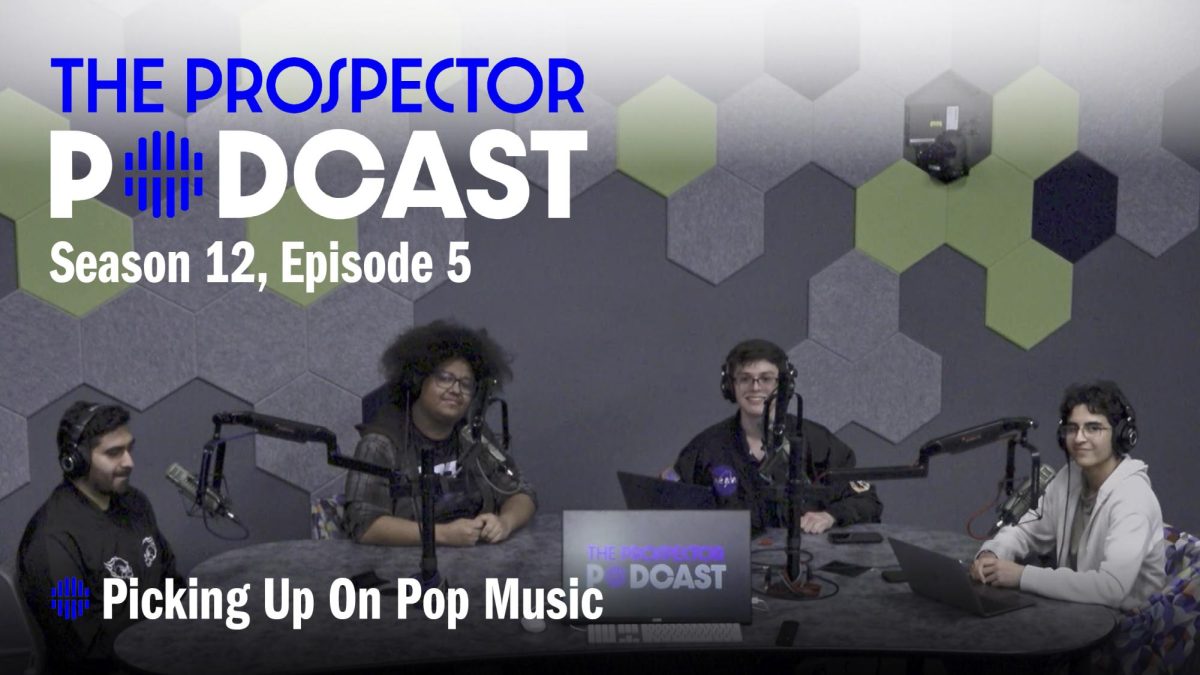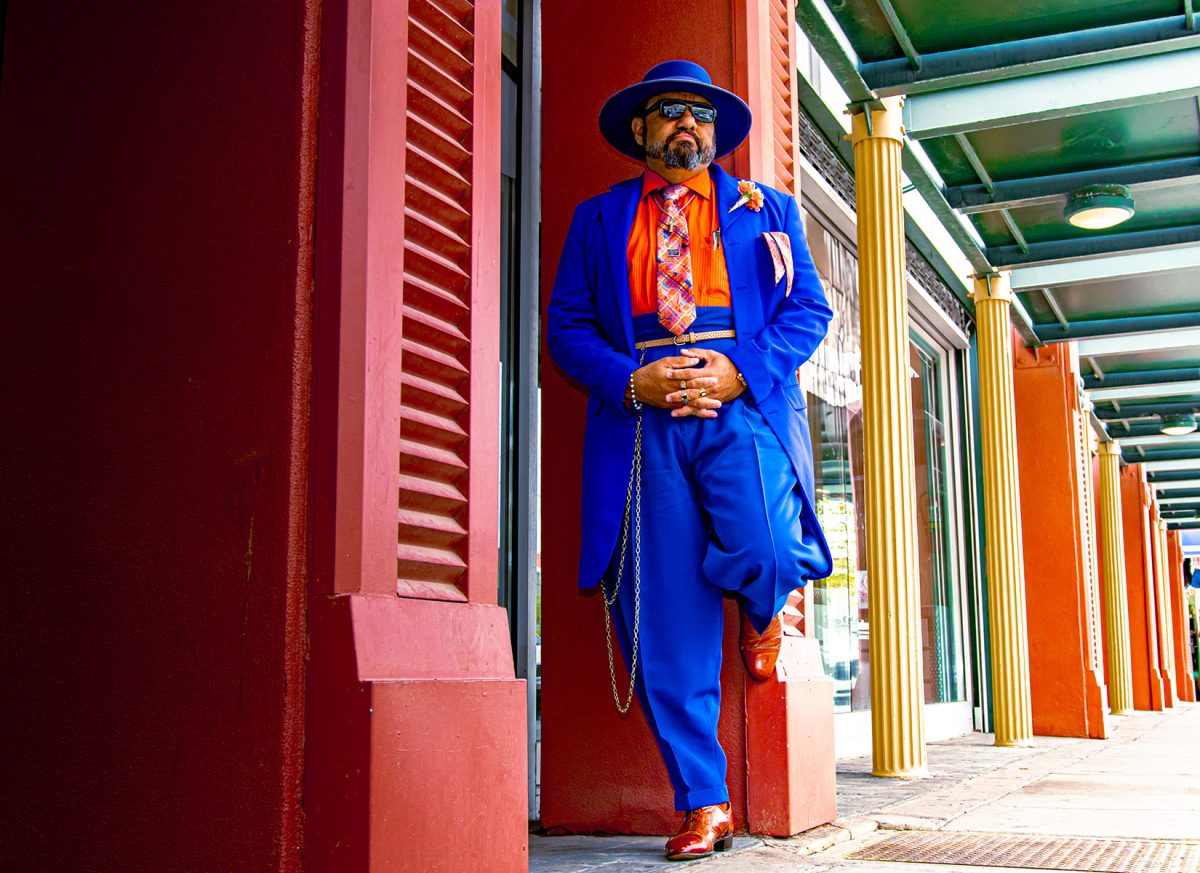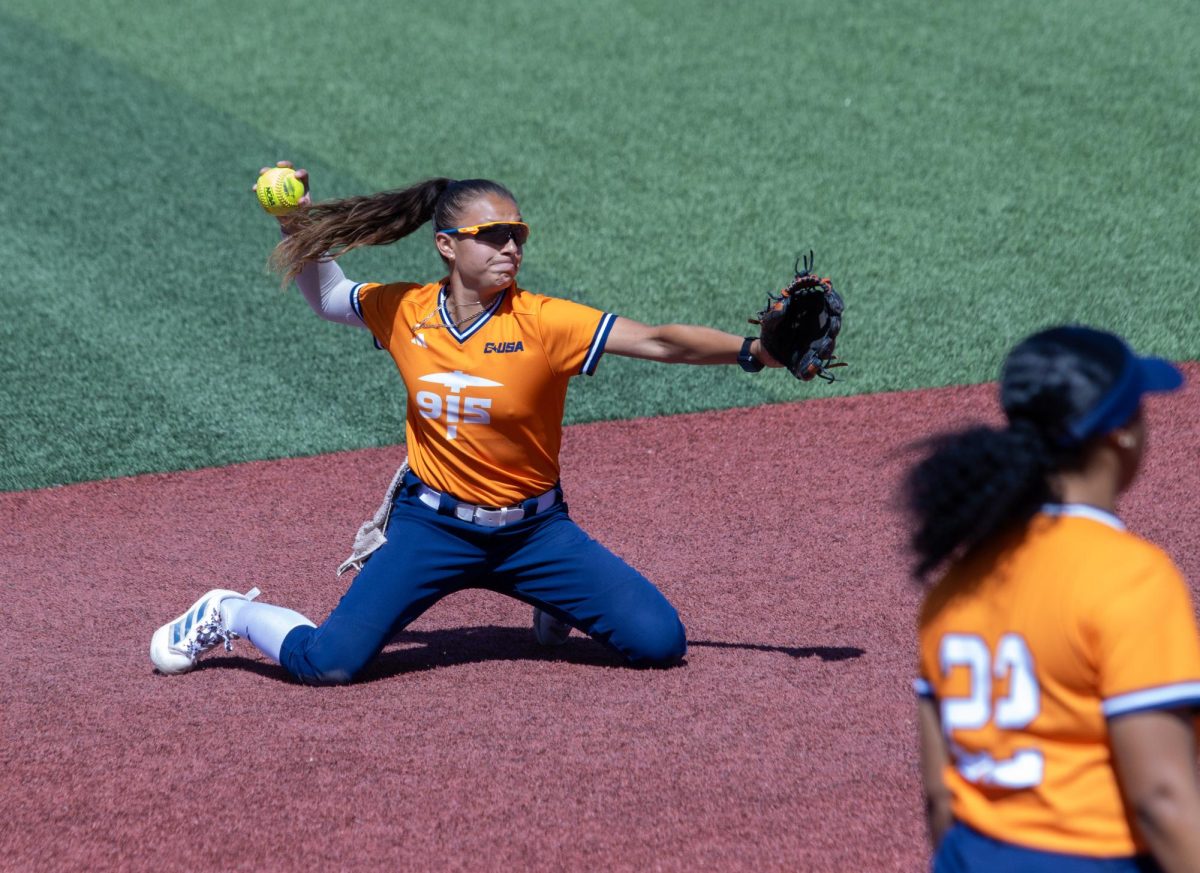Misogyny and sexual misconduct in the entertainment industry isn’t anything new.
From the Harvey Weinstein scandal to Kesha’s legal battle with Lukasz Sebastian Gottwald, or “Dr. Luke,” women in the entertainment and music industry have always faced sexism and the frustration that comes along with it.
“The music industry involves a lot of late nights and drinking, and in those situations it’s common for people’s sense of what’s appropriate to go out the window,” Lara Baker, events manager at the Association of Independent Music (AIM) told the French magazine, Marie Claire.
“A woman will be in a taxi with her boss or a client after a gig and he’ll suddenly start kissing or groping her and she’s expected not to mind. It’s not easy for her to speak out when it involves a colleague or client and her reputation is at stake.”
This reality is what gave birth to the global #MeToo movement in 2017, but sexual misconduct and abuse doesn’t just plague Hollywood — it plagues local music scenes too.
View this post on Instagram
The power imbalance and objectification
Flora Newberry, a long-time musician and UTEP researcher on gender issues in the music industry, said women in the music industry, including herself, constantly have to grapple with sexist attitudes and this power imbalance with abusive authority figures.
Often male producers or directors use their power over female musicians to exploit their image for success or appeal, Newberry explained.
“If you wanted work or to be assigned important parts, you’d have to dress or look sexy,” she said.
Newberry grew up in New Jersey and got her graduate degree at The Juilliard School in New York City where she used her degree to become an orchestra trumpet player.
“This was a double-edged sword, because that meant you were most likely to get a part if you were a woman, but then you’d wonder, why are they really hiring me? Is it because of my talent or my looks?” Newberry said in regard to her experiences as a young female trumpeter in New York.
Mikaela Valdez, a local female musician and music teacher, said El Paso’s music scene is no exception when it comes to misogynistic attitudes and gender-oriented roadblocks.
“I feel like among men there’s almost a sort of camaraderie, whereas, it takes female musicians more effort to find people to collaborate with who aren’t going to take advantage of them or use them just as the ‘token’ female in the group,” Valdez said.
While Valdez admits she’s lucky to have made connections with the right people some of her closer fellow female musicians haven’t been as fortunate.
“I’m close friends with a girl that did go through something like that with her band,” Valdez said. “They were all male and they just used her for sex appeal, rather than for her talents and she’s so talented.”
With looks and appearances dictating the value of women in music, the sheer pressure to look a certain way and be extremely talented to have a chance at being successful can take a serious toll on young women’s self-esteem.
“Just for being a female, you’re not recognized for your talents and hard work as a musician, instead you’re only seen as a token female,” Valdez said.
Predatory attitudes
As a trumpet player, Newberry entered one of the most male-dominated environments for musicians. If you were to look up “trumpeter (musician)” on Google, only a single woman is listed among 50 artists recognized for playing this particular instrument.
“I had very difficult experiences with my trumpet professor, when I was an undergraduate, he would use sexual metaphors all the time involving parts of the male anatomy to describe music,” Newberry said. “I feel like he did it just to embarrass me, because I was a girl, and I didn’t know how to deal with it.”
Valdez has been playing the drums for 10 years in El Paso. She began her journey when she was 16 years old, encountering abuse as a female artist shortly after.
“When I was playing in bands in my late teens and early twenties, that’s when I experienced ‘machismo’ the most,” Valdez said. “It’s a predatory attitude in that people know exactly who to take advantage of, they know who they can use.”
Both Newberry and Valdez were victims of sexual harassment at a young age.
“During my undergraduate degree I experienced some things that are still very traumatic for me, even 40 or 50 years later,” Newberry said. “One of the orchestra directors, in charge of assigning the parts of the symphony, would say that if we wore shorter skirts, he would give us better parts, and would constantly tell off-color, sexual jokes. I was 19, I was terrified, so I would just laugh and nod along.”
Those involved in taking advantage of women in the music industry, are usually people familiar with them: directors, producers, colleagues or fellow band members.
“It’s interesting because even though you end up working with and playing with people whom you consider your friends, this still manifests,” Valdez said.
This behavior can create an uncomfortable environment for female musicians, at best, and a life threatening one, at worst.
“It’s hard to realize that you don’t have to deal with it, you don’t have to be treated this way,” Valdez said. “It usually goes away once you find your voice, but some people never do.”
In El Paso, a culture of machismo and abuse
Through her personal experiences and career research, Newberry said El Paso has been approving and embracive of female leaders in music.
“I have experienced the El Paso scene as very supportive to me as a woman musician,” Newberry said. “But I think it’s because I’m at a much different point in my career, since I have heard from younger women that they have had more issues or pushback when trying to break into the music business.”
Newberry is a band director and music teacher and plays in a local band with her husband.
“I haven’t ran into any machismo while playing, but I think it’s because my time performing here in El Paso has always been alongside my husband,” Newberry said. “Other men won’t mistreat you if you’re with a man.”
If women are not bothered or harassed by men when another man is in her company, then this begs for the question of: who are they really respecting?
However, it’s important to note the environments in which abuse, harassment, and machismo take place. These are usually settings with young crowds and young musicians.
“I have 100% seen machismo in the El Paso music scene,” Valdez said. “You have to be much better than the men as a female musician. Just to get people to listen, you have to steal their attention by being extraordinary. That is square one for women: you have to be great.”
Young local female artists like Valdez, are still proving themselves as worthy in an industry that only deems them as such, if they exceed expectations or follow along with disrespectful and abusive agendas.
“Since you obviously can’t start out being amazing, you remain unknown for a while, and you are overshadowed, naturally,” Valdez said. “I can’t speak for other cities, but for sure in El Paso that’s just the way that it works.”
Valdez, who performs at local bars, admits she rarely sees female musicians, as machismo abounds among young male musicians.
“There is sexism, but also straight up abuse: physical, emotional, verbal abuse, from people that are your colleagues, people you should trust,” Valdez said.
For this reason, local online groups like “Chingonxs For Change” on Instagram, have emerged in order to support survivors in the El Paso music and art scene in response to its machista culture and “in the interest of restorative justice and healing.”
Reports of sexual assault in El Paso and UTEP
In El Paso, sexual assault merely accounted for 2%, rising to 3% in northeast, of a total of 19,315 crimes documented on 2018, according to the El Paso Police Department’s (EPPD) annual report of that same year.
When compared to national clearance rates of sexual assault, El Paso’s percentage of cases is slightly lower, comprising 28.6% against the national average of 34.5%.
Nonetheless, this percentage does not include the incidents and crimes that went unreported.
While both Newberry and Valdez don’t recall hearing about specific cases of sexual assault within the UTEP community, the results of a 2017 student survey indicate otherwise.
The online questionnaire, conducted by UT Austin’s Institute on Domestic Violence and Sexual Assault, was taken by alumni within the University of Texas (UT) system, including 3,012 UTEP students, according to the El Paso Times.
The survey focused on offenses like stalking, sexual harassment, sexual and domestic/dating violence involving students within UT institutions, both on and off campus.
UTEP’s results revealed 7% of students had been raped after enrollment, 17% of female undergraduates reported being stalked, 20% of students reported being sexually harassed by fellow UTEP alumnus, and 12% reported sexist gender harassment by either a faculty or staff member of the university.
Though UTEP’s percentages matched the average for institutions across the UT system by reporting 6%, 13%, 25%, and 14%, respectively, they were still alarming.
“Even one case of sexual harassment or assault is too many,” Gary Edens, UTEP’s vice president for student affairs, told the El Paso Times in March 2017.
The results of these questionnaires let UTEP officials and leaders know students weren’t speaking out when being victim of any of these offenses, considering only 11% of victims confided in a UTEP faculty or staff member, according to Edens.
“We want to make sure that students are comfortable, and this is an open and safe environment to report anything that has happened,” Edens said.
In 2017, according to UTEP’s 2018 annual security report, five cases of rape were reported on campus property, along with one case of fondling, one case of domestic violence, four cases of dating violence, and 16 cases of stalking.
The reported cases show a low percentage of victims e than those on the survey, indicating the vast issue of under-reporting among UTEP students.
‘You can prevail’
Despite the odds stacked against female artists, female musicians across the globe, like Newberry and Valdez, have been amplifying their voices in favor of progress and awareness on sexual abuse.
As for conquering specific gender obstacles, Valdez said it starts with learning one’s own true value and where it lies in the world.
“A good relationship with yourself, is probably the best thing that can help you get by through these struggles, learning to respect your journey, talents, and hard work is essential.” Valdez said. “Just continue to remind yourself that you’re a badass, and to never accept anything less than respect from others.”
Having overcome obstacles herself, Newberry has this piece of advice for young women who are starting their artistic career.
“Be tenacious, hold on, insist on your work and your profession because you can prevail, ” Newberry said.
Daniela Ramos may be reached at [email protected]; @TheDaniRamos on Twitter.


